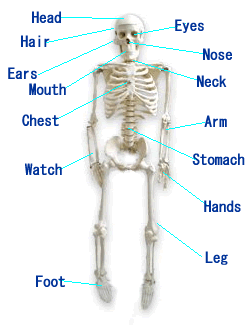Plan
When planning keep in mind at all times that you are planning a speech, not a written essay. When listening, we cannot go back over a difficult point to understand it or easily absorb long arguments. A presentation can easily be ruined if the content is too difficult for the audience to follow or if the structure is too complicated.
Once you have completed your initial research into the topic and made comprehensive notes, it is time to start devising a plan for your presentation. The first thing to do is to determine your main points. As a general rule of thumb, you can probably only talk about one point in each minute. Therefore, to start with, your plan for a 10 minute talk should feature 10 main points. Now that you have narrowed down what it is you are planning to talk about, it's time for some seriously focussed research.
The next step is to prepare a draft outline. Take your list of main points and add some information to each which supports or expands the ideas. This might be a good time to sketch in suggestions for audio-visual aids that might be usefully employed in your talk.
Try to sketch out a clear draft plan very early on in the process of preparing your speech. Fine tune this along the way as you research and start to make concrete notes. You may even find that your plan will translate easily into dot points for your slides or palm cards if you are choosing that method of note preparation. Or they may end up being the headings for a full text version of your text.
The structure of your presentation will be the key to preparing a truly worthwhile oral so do not underestimate the role of this initial planning stage.
For more helpful hints, follow the link to Fred.


